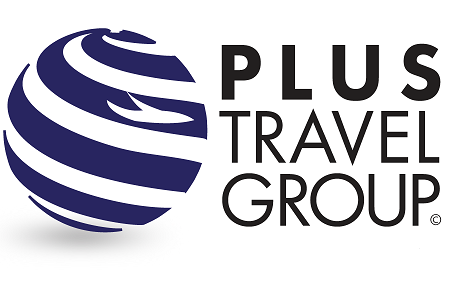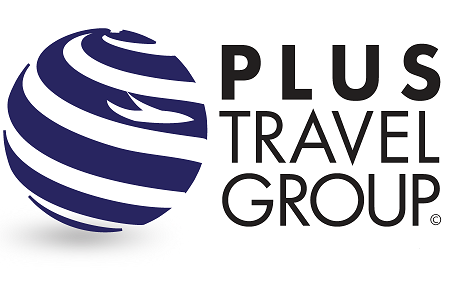Introduction
Corporate travel has always been an essential component of business growth and development. In 2024, it will continue to play a pivotal role in maintaining and expanding corporate operations. However, the landscape of corporate travel costs is evolving rapidly, influenced by a myriad of factors. These include economic conditions, technological advancements, and shifts in employee preferences. In this blog post, we’ll explore the key aspects of corporate travel costs in 2024 and offer insights on how businesses can navigate this ever-changing environment.
Economic Factors
Economic conditions play a significant role in determining corporate travel costs. Coming into 2024, the global economy is showing mixed signs of recovery but still with its challenges. Factors such as inflation rates, exchange rates, and fuel prices can and will impact the overall cost of corporate travel. To manage these fluctuations effectively, businesses need to stay informed about economic trends and incorporate them into their planning and travel budgets.
Technology Integration
Technology is a game-changer in the corporate travel industry. In 2024, businesses are leveraging the latest advancements in travel management tools and data analytics to optimize travel costs. For example, robust corporate travel platforms can identify cost-saving opportunities, such as selecting more affordable flight options or booking hotels at the best rates. Additionally, digital payment solutions and mobile apps are streamlining expense reporting and approval processes, reducing administrative costs.
Sustainable Travel
Sustainability is a growing worldwide concern, and it’s also impacting corporate travel. Many companies are adopting eco-friendly travel policies to reduce their carbon footprint and align with environmental goals. This shift towards sustainable travel may come with additional costs, such as choosing greener transportation options or eco-friendly accommodations. However, it’s important to note that these investments can enhance a company’s reputation and attract and keep environmentally conscious customers and partners.
Employee Preferences
Employee preferences are evolving, with an emphasis on work-life balance and well-being. In 2024, businesses will need to keep this in mind when updating travel policies. As an example, with more flexibility in travel decisions, employees can choose accommodations that best suit their needs and provide options for extended stays to explore destinations after work. While this approach might incur additional expenses, it can improve employee traveller satisfaction and productivity, making it a worthwhile investment.
Duty of Care
Ensuring the safety and well-being of employees during corporate travel is of paramount importance. More than ever, comprehensive duty-of-care programs, are essential for mitigating risks. These programs include 24/7 support, access to medical assistance, and real-time tracking of employees’ locations. With safety as a priority, businesses not only look after their employees but also safeguard their reputation and bottom line.
Policy Compliance
To control corporate travel costs in 2024, it’s crucial to have a well-defined travel policy and ensure that employees are guided by it. Monitoring and enforcing the policy can help identify areas where costs can be reduced, such as by discouraging last-minute bookings, encouraging the use of preferred vendors, or setting limits on expenses. Regularly reviewing and updating the policy is essential to adapt to changing conditions and new cost-saving opportunities.
Conclusion: Corporate Travel Costs in 2024
Corporate travel costs in 2024 will be influenced by various factors moving forward. To navigate this dynamic landscape successfully, businesses must stay informed, embrace technology, consider sustainability, and prioritize employee well-being and safety. While these factors can lead to increased expenses, the associated benefits can lead to improved employee satisfaction and operational efficiencies. By carefully managing corporate travel costs, companies can maintain a competitive edge in an ever-changing business environment.


